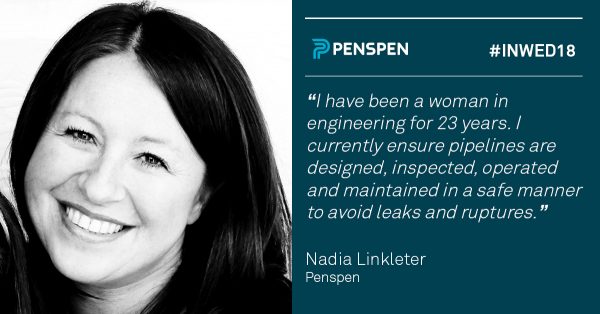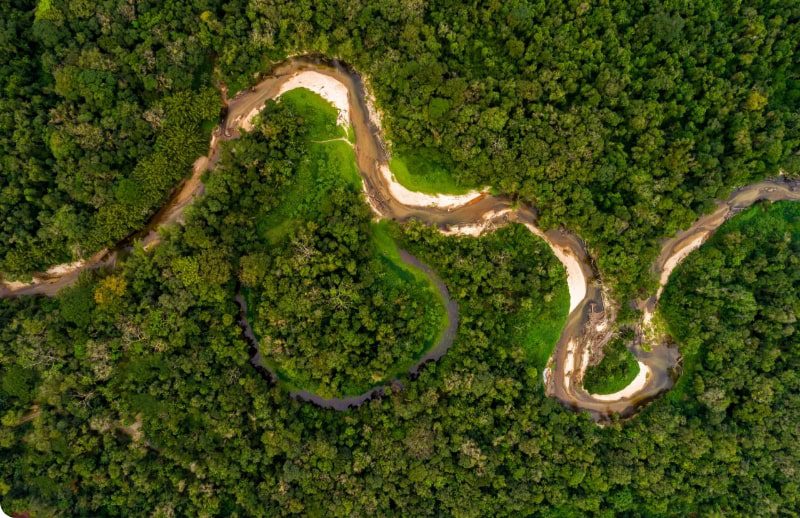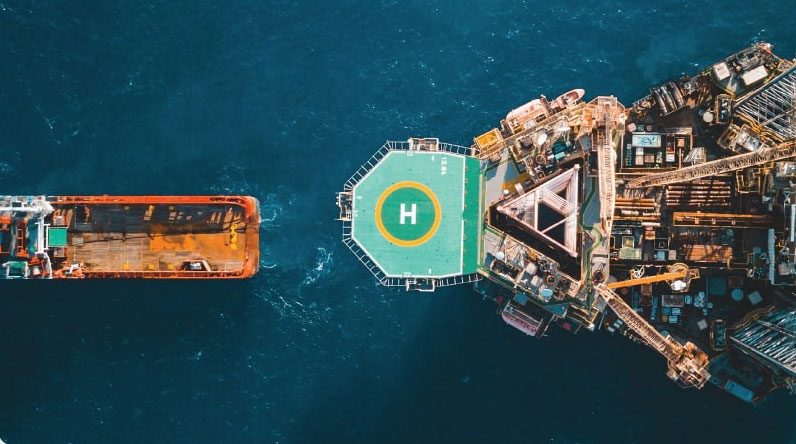International Women in Engineering Day 2018 Nadia Linkleter

Education- That Difficult Choice
Whilst growing up, I was encouraged to play with Lego and Meccano (which I encourage my own kids to do now too). I’m sure that that played a small part in my career choice, as it encouraged me to be challenged, structured and to solve problems.
When it came to A-levels, I picked the subjects I was good at and enjoyed: Maths, Physics and German – such a mixed bag! For some, it is difficult to know what you want to do with your life at 16, however, I enrolled onto a 6-month Engineering Education Scheme (EES) project whilst at school, linked to National Rail. I worked on a real life project and this, I believe, inspired my career direction. I was fortunate that my school had decided to engage with the EES scheme and found the teachers extremely encouraging.
I later chose to study Mechanical Engineering at Newcastle University, as it excited me the most and I believed it to be the best way to ensure a varied and rewarding education. I was one of only 7 women out of approximately 120 candidates on my course that academic year. This didn’t deter me and I not only learnt Spanish (and spent my 3rd academic year in Spain as part of a 4 year MEng course) but also managed to secure sponsorship with British Gas half way through my studies. This provided me with invaluable (paid) holiday work placements and helped me to secure a place on their 2-year Graduate Training Programme after graduation.
What I Do Now
I have now been a woman in engineering for the last 23 years. I have had exposure to: digging up holes in the road to repair gas distribution pipelines; watching new pipelines being constructed; sending ‘intelligent pigs’ through pipelines to inspect them; working with pipeline operators and presenting to international clients. I am currently a Chartered Engineer with the IMechE and work as a Pipeline Integrity Consultant at Penspen Ltd., which is a specialist pipeline engineering consultancy firm.
On a very basic level, I ensure a pipeline is designed, operated and maintained in a safe manner to avoid leaks or ruptures. A leak can not only be catastrophic, expensive to repair and affect the environment but can also (most importantly) put people’s lives at risk.
My day at work varies depending on the type of project I am involved in. This can be assessing defects detected in oil and gas pipelines, carrying out risk assessments, or recommending repairs and rehabilitation strategies for pipeline systems. I have had the opportunity to work with international companies and travel to some interesting places as part of my project portfolio.
Concerns Young Women May Have
The engineering and specifically the oil and gas industries, which I am in, are still very much male dominated. I estimate only 8% of engineers are women. You don’t see many women on construction sites, out in the field or on platforms at sea but that is slowly changing. I often attend meetings with 15 men and not only are women in the minority but most of the men are also much older than me. Pipeline construction sites, power stations and refineries can still be intimidating places but generally people are friendly and respectful. I find that people respond to the level of professionalism you show. It’s important to prepare thoroughly for every meeting, develop good relationships and ask the right questions. This helps with learning and building confidence.
Why YOU Should do Engineering
I truly believe it is an interesting and rewarding career and one which develops an extensive range of skills. There are many different avenues one can follow within engineering, from being the technical ‘genius’ to the person that markets skills and wins business for the company. These skills are transferrable anywhere in the world and there is plenty of opportunity to work internationally, if that’s what you would like to do. I really enjoy my job and find every day varied and challenging, which makes my job interesting and hence rewarding.
My Thoughts on Careers in Engineering
A career in engineering is challenging, enjoyable and rewarding. If you enjoy maths and any of the sciences, you should consider it. There are hundreds of different types of engineering routes; pretty much everything we see, everything we eat, buy, our trains and cars, homes and offices would not be possible without engineers.
My advice would be to try and get involved with a challenging project or get some work experience in an engineering firm to really understand what it’s about. Speak to your teachers, career advisors or ask for a STEM (Science, Technology, Engineering and Mathematics) presentation to be given at your school to provide some insight. Also, discuss your options – you can get into engineering through apprenticeships and don’t have to have a degree.



